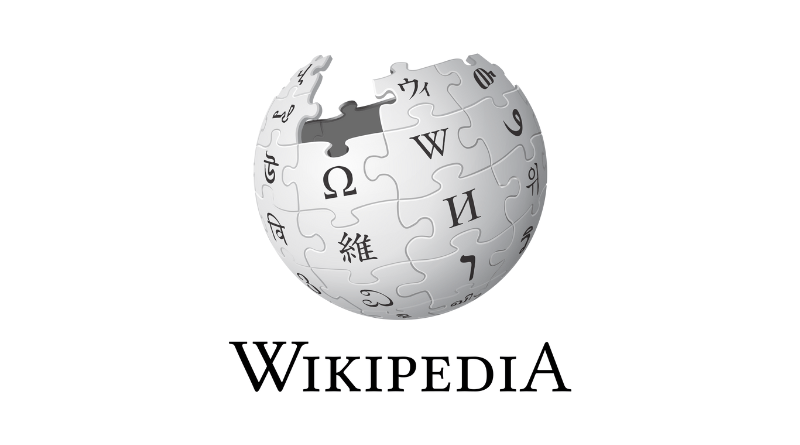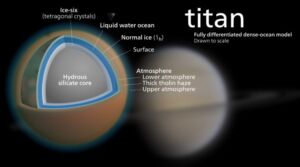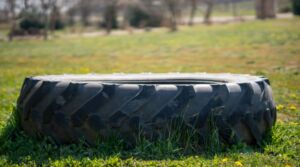
In today’s digital age, information is at our fingertips, and one platform stands as the beacon of knowledge—Wikipedia. This comprehensive article is your key to understanding the immense value of Wikipedia, how it works, and how to harness its power effectively. Whether you’re a student, researcher, or just curious, read on to explore the world of this online encyclopedia.
What is Wikipedia? The World’s Encyclopedia
Wikipedia is a free, web-based encyclopedia containing a vast repository of information on almost every conceivable topic. What sets it apart is its collaborative nature, where volunteers from around the globe contribute and edit its content. This inclusiveness has given rise to an ever-evolving source of knowledge.
Why Wikipedia Matters? Your Gateway to Information
Wikipedia is more than just a reference tool; it’s a treasure trove of knowledge with immense benefits:
Accessibility: Wikipedia is available in multiple languages, making it a global resource accessible to all.
Comprehensiveness: It covers a wide range of topics, from science and history to pop culture and obscure subjects.
Current Information: Wikipedia is continually updated, ensuring you access the latest data.
Citations and References: Wikipedia provides sources and references, making it a valuable starting point for research.
How to Use Wikipedia Effectively? Mastering the Art of Research
Understanding Article Structure: Wikipedia articles follow a standard structure, including an introduction, table of contents, main content, and references. Familiarize yourself with this layout for efficient navigation.
Citing Wikipedia: While Wikipedia is a valuable resource, it’s important to cross-reference and verify information from its sources for academic or research purposes.
Contributing to Wikipedia: Feel like giving back? Learn how to become a Wikipedia editor and contribute your knowledge to this global community.
Common Misconceptions: Separating Fact from Fiction
Wikipedia has faced its fair share of skepticism. However, it’s essential to debunk some common myths:
Lack of Reliability: While Wikipedia can contain errors, its community actively corrects them. Moreover, many articles are extensively reviewed and well-sourced.
Inaccuracy: Wikipedia strives for accuracy, and the reliability of its content often rivals traditional encyclopedias.
Wikipedia Beyond Academics: A World of Possibilities
Wikipedia isn’t just a research tool; it’s a platform for exploration. Dive into the depths of pop culture, learn about historical events, explore the wonders of science, or simply satisfy your curiosity about virtually anything.
Wikipedia, the people’s encyclopedia, is a powerful tool for seekers of knowledge. It’s a dynamic and ever-evolving platform that empowers individuals to explore, learn, and contribute. Use it wisely, and it will open doors to a world of information, making your quest for knowledge an enriching journey.
In a world where information is abundant, Wikipedia remains an invaluable resource, bridging the gap between curiosity and understanding. Embrace its potential and let it guide you on your quest for knowledge.



